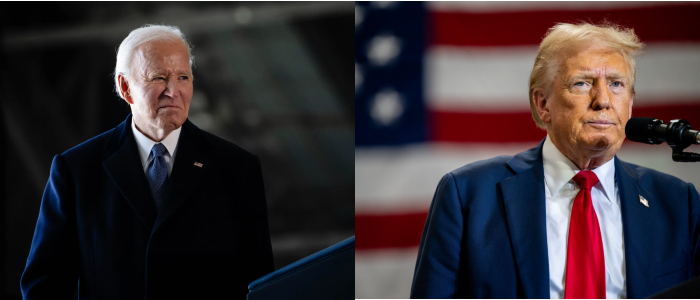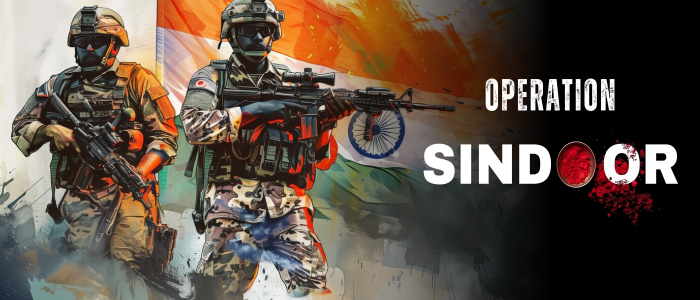A Coalition plan to drive defence spending to 3 per cent of GDP would create a $100 billion hole in the budget through the first half of the 2030s and make it the second-biggest expenditure for federal taxpayers, eclipsing the age pension and NDIS. As a senior economist labelled the current campaign the “Seinfeld election”, Peter Dutton would not be drawn on how he would pay for the huge ramp-up in expenditure, except to repeal Labor’s small tax cuts that are due to be in place in full from mid-2027. The Coalition is promising to increase spending on defence to 2.
5 per cent of GDP by 2030 in what it says will cost the budget $21 billion. But beyond that point, the Coalition aims to take defence expenditure to 3 per cent by the middle of the 2030s. Spending on defence under the government’s current trajectory reaches $108.

7 billion in 2035-36. Under the Coalition’s proposals, it would jump to almost $142 billion in that year alone. Between 2030-31 and 2035-36, the cumulative jump in defence spending envisaged by the Coalition is at least $100 billion.
That does not take into account any substantial change to inflation or to the size of the economy. Peter Dutton with shadow defence spokesman Andrew Hastie and Liberal industrial relations spokeswoman Michaelia Cash in Perth on Wednesday. Credit: James Brickwood Pressed on Wednesday how he would pay for the additional expenditure, Dutton – who last week said he aspired to ending income tax bracket creep – argued that by not going forward with Labor’s reduction in the bottom tax rate, the Coalition would save $7 billion a year.
That would be enough to cover the increase in defence spending to the end of this decade, but he would not elaborate on extra expenditure to meet the 3 per cent of GDP proposal. “A great Coalition government will always be better on national security and economic management,” he said while campaigning in Western Australia. At 3 per cent of GDP, defence spending would account for almost 12 per cent of total federal government expenditure.
Only the GST, which goes to the states and territories, would make a greater call on the budget than defence. Defence would surpass both the NDIS (forecast to be 9.1 per cent of total budget spending) and the age pension (9 per cent), which are currently the second- and third-largest government expenditures.
The Coalition’s policy would take defence spending as a share of GDP to its highest level since Australian forces were in Vietnam in the early 1970s. Since then, expenditure in areas such as the aged pension (9 per cent of the budget) and the Pharmaceutical Benefits Scheme (3 per cent) have grown sharply, while governments have introduced completely new spending such as the NDIS (9 per cent) and the private health insurance rebate (1 per cent). Dutton would not be drawn on how the Coalition would spend the extra resources directed into defence, but said it opened up the options available to the government.
“Drone capability and guided weapons, our munitions and our capability across most platforms, including frigates. That all becomes a reality again. Our cyber defences where Labor has pulled money out,” he said.
Prime Minister Anthony Albanese, who was also in WA, said the Coalition had simply created a large number while failing to reveal any details about its policy, including where money would be spent and how it would be afforded. He said the announcement was a “media release in search of a policy” with the Coalition only confirming personal income taxes would be higher and even that would not be enough to cover the full cost of what had been promised. “It’s extraordinary that you make this announcement with a very large figure in the tens of billions of dollars, you can’t say what you will use the money for, you can’t say where all the money will come from,” he said.
“This is an opposition that have not done the hard work, whether it’s defence policy, whether it’s nuclear policy, they can’t explain ...
how it would actually roll out.” Anthony Albanese with WA Premier Roger Cook tour a battery storage system in the town of Collie on Wednesday. Credit: Alex Ellinghausen Independent economist Chris Richardson said the problem with such large announcements as the Coalition’s defence plan was that it was uncosted with no detail about its long-term impact to the budget.
He said both sides of politics had not been upfront about the pressures on the budget, the need for more spending in key areas, and ways to lift the speed limit of the entire economy. “What really cheeses me off is that this is an important election, given everything that’s going on around the world. The world is changing fast.
But both sides of politics have effectively sat on their hands for the past two decades and not taken the courageous decisions that have needed to be taken,” he said. “It’s a Seinfeld election, with both sides giving us business as usual when the world around us is anything but business as usual.” In a public debate in Melbourne, shadow treasurer Angus Taylor confirmed his party’s final costings would be released next week.
Treasurer Jim Chalmers is expected to release the government’s costings in the first half of next week. By the time both costings are public, millions of people are expected to have already cast their ballot for the May 3 election. Peter Dean, who co-authored the government’s defence strategic review, backed the Coalition’s funding targets, saying: “I don’t know anyone in the strategic policy community who doesn’t think we should be spending more money on defence.
” But he added: “I’m shocked the opposition didn’t say what they plan to spend the money on or how they’ll pay for it. Their plan is really lacking specificity.” Cut through the noise of federal politics with news, views and expert analysis.
Subscribers can sign up to our weekly Inside Politics newsletter ..
Politics

Higher taxes needed as Coalition eyes extra $100 billion defence spend

The Coalition says its plan to lift defence spending will cost $21 billion. But its longer-term goal would make defence the second-largest budget cost.















